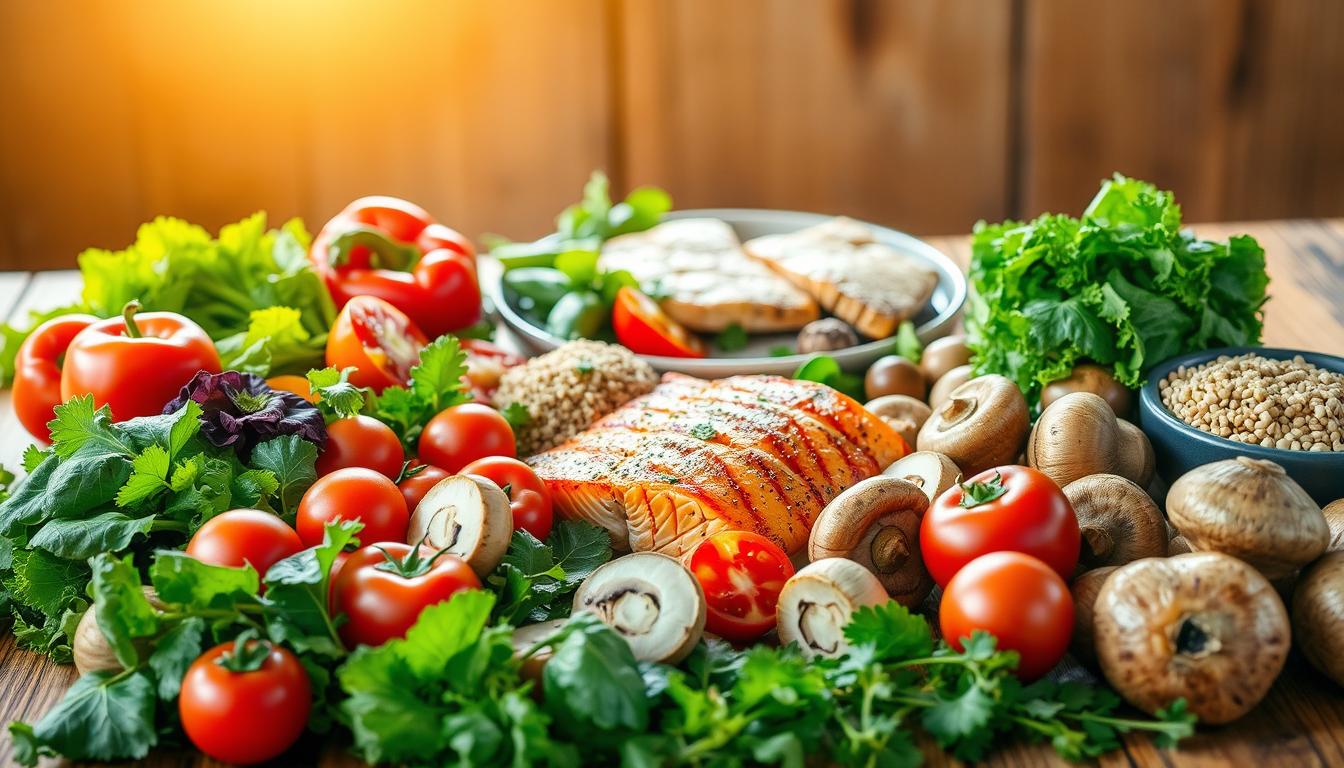Nearly 25% of adults in the United States are affected by fatty liver disease, a condition characterized by excessive fat accumulation in liver cells. A…
Fatty Liver Disease Management
How to Reverse Fatty Liver Naturally at Home
Fatty liver disease affects millions of people worldwide, with a staggering 25% global prevalence. This condition can lead to severe health complications, including cirrhosis and…

